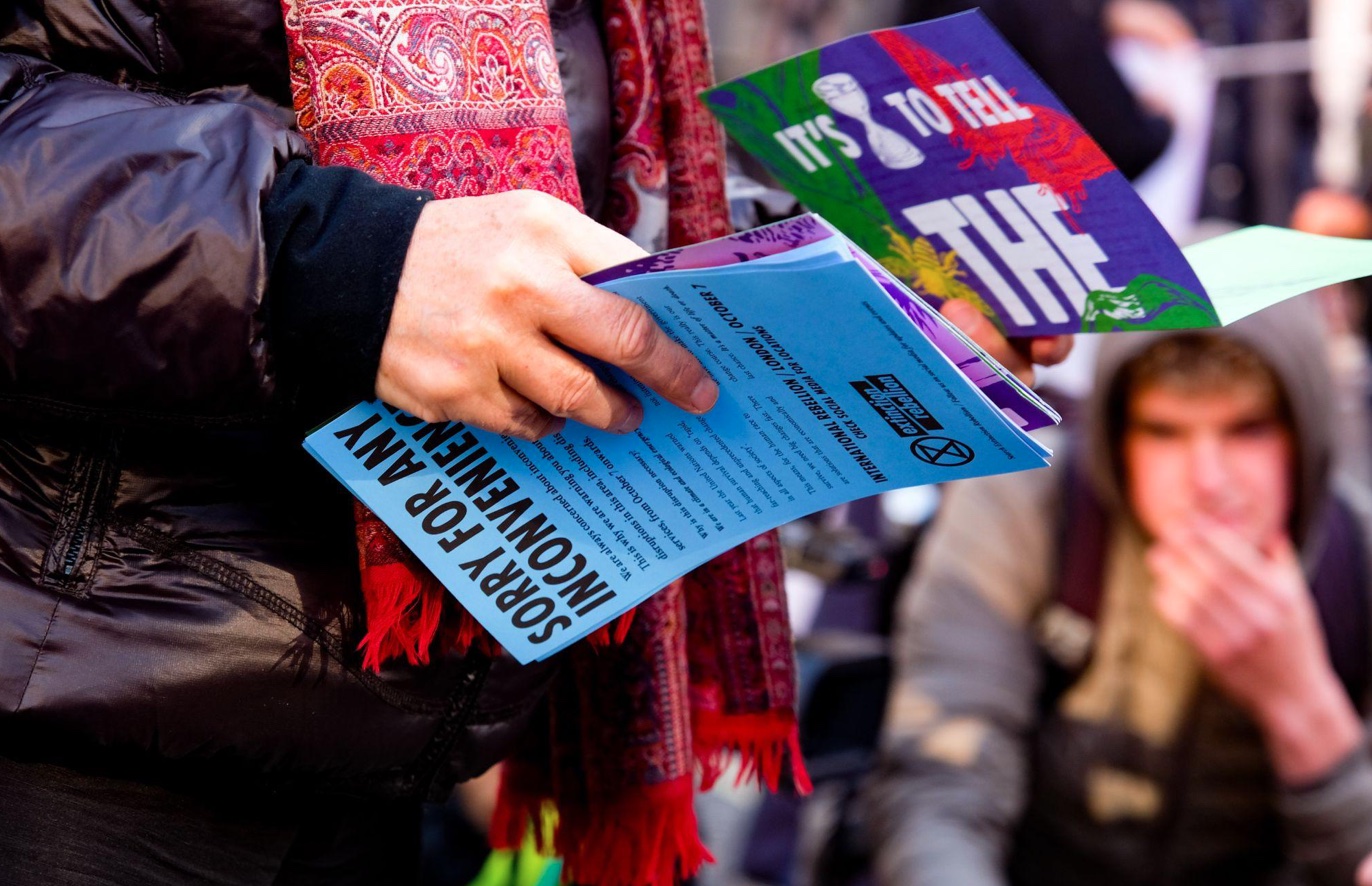Copyright infringement and false advertising are just a few legal issues that may arise when using business flyers.
Business flyers are a common marketing strategy many businesses use to promote their products or services. Businesses should be aware of the legal risks associated with this advertising method.
Some legal issues that may arise from using business flyers include false advertising, copyright infringement, and potential violations of local and federal regulations. Businesses must understand these risks and take appropriate measures to avoid legal consequences.
What are the copyright ramifications and advertising laws, and how will they affect a business owner who infringes upon them? Read on to stay informed about the legal risks of business fliers.
How does copyright law affect business fliers?
Business fliers are one of the last great marketing tools outside of the digital world. They are a fantastic eye-catching option for those promoting their business in person. Before heading to the printer to get a range of printed fliers, there are legal elements to consider.
Copyright laws exist to protect a range of creative intellectual properties from being replicated for profit. There are three distinct prerequisites for a piece of work to be protected by copyright laws.
- Physical existence: The piece has to physically exist in its finished form rather than be a concept or rough idea. This still applies if the piece does not physically exist anymore, as well as pieces that only exist digitally.
- Originality: The work cannot directly replicate something already existing. Previous works can influence the piece, but it has to have some originality.
- Creative: This point means that the creator of the piece has used a degree of creative effort to create the piece. This point is open to a broader interpretation than the previous two.
Many creative works can be subject to copyright, but art is the most relevant subject for business fliers. Copyright protection is time sensitive. For businesses, this means that copyright-protected works published in the U.S. before 1923 are now all in the public domain. This means anyone, individual or corporation, can use them without being hit with a lawsuit.
Using pictures or other graphics you didn’t create can be dangerous. In the U.S., created work is automatically under a sense of copyright protection. Creators must register their work with the Copyright Office to have reliable legal standing, but their work is inherently protected.

This is why it’s essential for business owners to know the relevant advertising laws before embarking on a flier campaign.
What marketing and advertising laws does a business need to comply with in the U.S.?
Here’s how to comply with marking and advertising laws in the United States: be original.
The most important advertising laws for any business using marketing fliers are those surrounding copyright infringement. Too often, business owners need acknowledgment or permission to use material from content creators, leading to legal troubles.
There are ways to market using fliers without infringing on someone else’s copyright. With careful research and budgeting, businesses can see excellent returns on their flier campaigns.
Copyright-free Images
One way to avoid copyright issues is to use sites like Unsplash or Pexels to source images. There are several websites like this where creators happily post content with the understanding that anyone can use it for any purpose without providing compensation.
Some individual creators on these sites have different specifications for using their material, so research appropriately before diving in. While most allow their work to be taken, reworked, and published without referencing them, some don’t. Instead, they might want a tagline contributing the work to them, or they may disallow any alteration of their images.
Hiring a marketing team
With the laws surrounding marketing and advertising being complex and often frustrating, sometimes hiring a third party is best. Marketing companies know the laws thoroughly and can create a campaign for a business that doesn’t infringe on copyright protections.
This option is more costly than researching and creating the flier campaign in-house. However, it saves a lot of stress and time for the business owner to hire experts in the field. Equally, if a business owner chooses the ‘cheaper’ option of creating their flier and unknowingly breaks copyright laws, they will lose much more time and money in the long run.
Hiring professionals is the best way to market with fliers and avoid copyright issues. Doing independent research is encouraged as it’s essential to understand the ins and outs of all aspects of owning a business.
The most crucial role of a business owner is to steer the business in the right direction. Trusting the experts and following the law is paramount. Just as you would want a lawyer to represent you in a courtroom, you are better off with a well-versed marketing team representing your business in advertising.
Summing up
Copyright infringement and false advertising are just a few legal issues that may arise when using business flyers. To avoid these risks, businesses should ensure that any copyrighted materials used in their flyers are appropriately licensed or in the public domain. By understanding and following advertising laws, businesses can create successful flyer campaigns while minimizing legal risks.


Join the conversation!